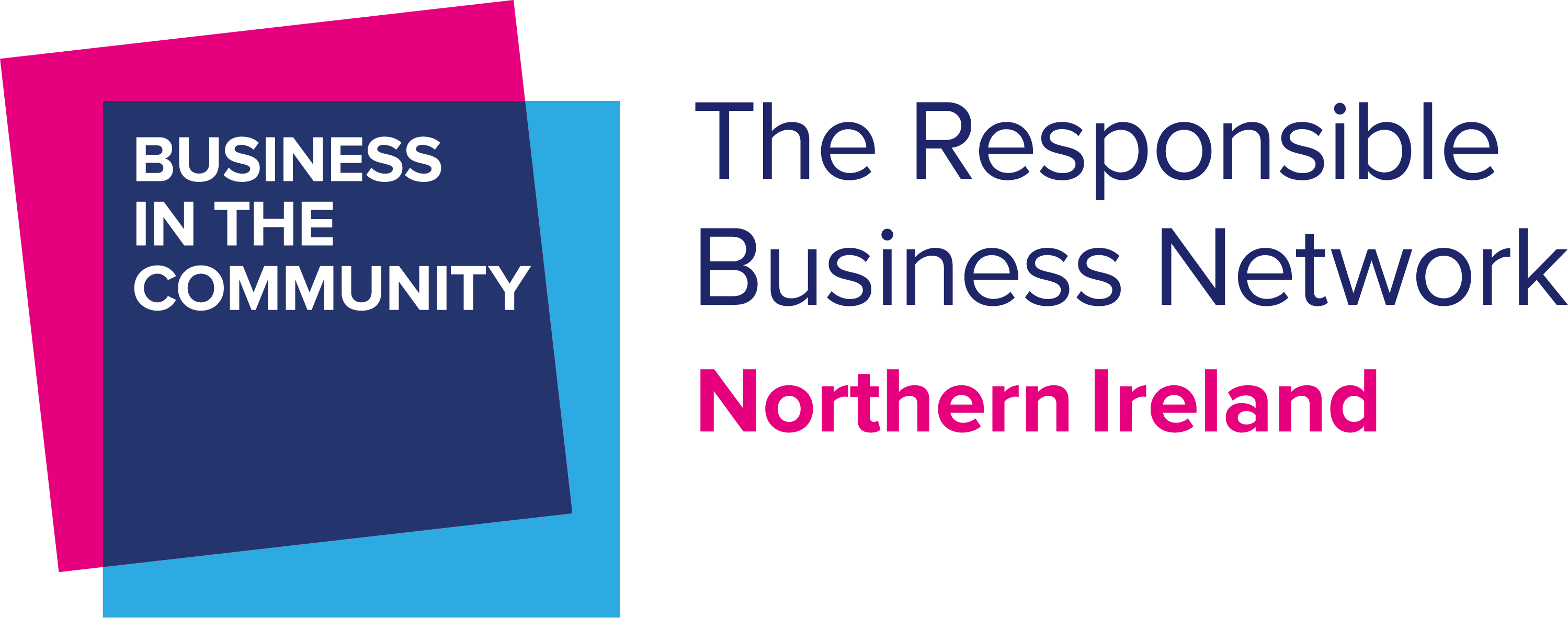The emergence of the Circular Office

In contrast to the traditional ‘take, make, dispose’ economy, the circular economy is a new approach that aims to retain resources, and the value provided by them, in ‘closed loops’, reducing demand for raw materials and the need to dispose of waste. This includes designing products to be easily recovered and used again or refurbished, and adopting new business models in which ownership of products is replaced by purchase of services.
Companies from all sectors, from construction to manufacturing, are experimenting with the opportunities presented by more ‘circular’ thinking, aiming to eliminate waste and the associated costs, and ensure the long-term sustainability of their business. An estimated £474 million of annual economic opportunities have been identified for Northern Ireland from implementing circular economy approaches, as well as the potential to create a wide range of new jobs to service these new ways of working[1].
However, the circular economy is broad and it can be difficult to know where to begin. The vast majority of businesses have office premises at some level – so it’s the ideal place to start making a difference. By experimenting with new ideas and engaging employees, the office can serve as a real catalyst for change. At the simplest level, a circular approach in the office includes ensuring we reduce waste and implement effective recycling – a step many of us have already taken with regard to office consumables, food waste, packaging etc. However, moving beyond this, a truly circular approach requires us to think about how we design, use and operate to ensure more efficient, resilient offices – environments that contribute not only to the sustainability of the business, but to the wider economy and the community.
There are growing numbers of companies already taking an innovative circular approach to their workplace.
Professional services firm PwC looks at every possible opportunity to increase the sustainability of its premises through a circular office approach. For example, recovering over 91% of its waste and generating an income from circular solutions including refurbishing and reselling its laptops and smartphones brings the company a recoverable value of more than £500,000 a year[2]. Looking forward, PwC is embedding circularity into procurement, employee engagement and community activities. A great example of this is its sourcing of environmentally-friendly office chairs from local company Orangebox – these are designed to last, but also take into account disassembly and remanufacturing at end of life.
Along with the likes of Liberty IT, Mid & East Antrim Borough Council, Baker McKenzie and George Best Belfast City Airport, PwC is one of a number of organisations that have begun working with Business in the Community in Northern Ireland to bring the circular economy into the office.
Did you know?
- Your business can get help to develop its own circular office
- Business in the Community has established a new network for any organisations wishing to learn more about and share their experiences of the Circular Office
To find out how you can join the Circular Office Network, contact Business in the Community on (028) 9046 0606 or visit http://www.bitcni.org.uk/what-we-do/planet/circular-economy/
If your business takes environmental improvement seriously, why not enter the Responsible Business Awards in Northern Ireland Environmental Leadership category. Find out more at www.bitcni.org.uk/awards
[1] Eunomia (2017) The Case for a Circular Economy Strategy for Northern Ireland Available at: http://www.bitcni.org.uk/wp-content/uploads/2017/01/CEH_eunomia_ni_ce_strategy_report.pdf
[2] This figure relates to PwC across the UK


